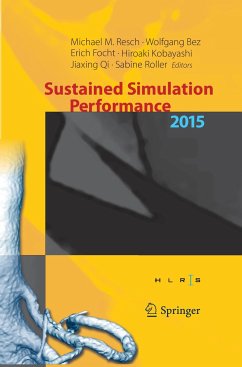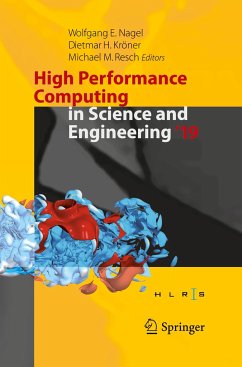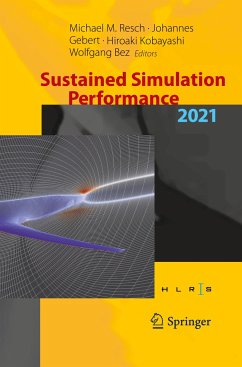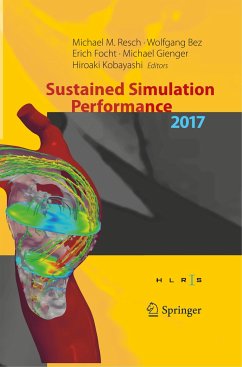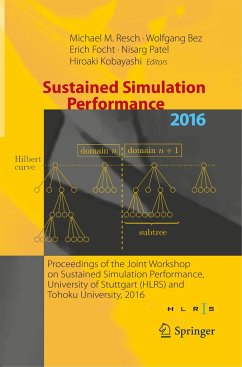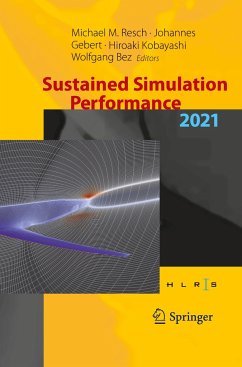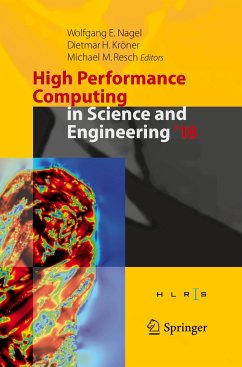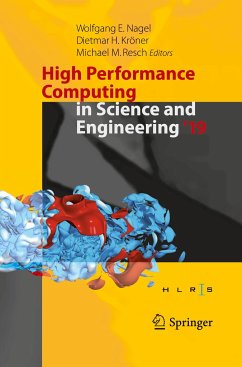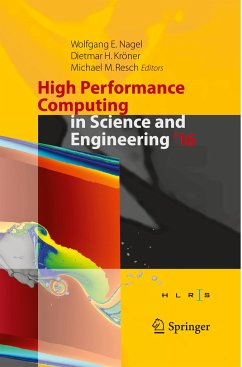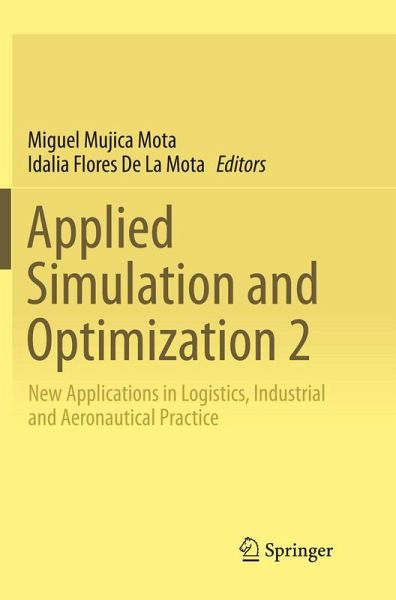
Applied Simulation and Optimization 2
New Applications in Logistics, Industrial and Aeronautical Practice
Herausgegeben: Mujica Mota, Miguel; Flores De La Mota, Idalia
Versandkostenfrei!
Versandfertig in 6-10 Tagen
76,99 €
inkl. MwSt.

PAYBACK Punkte
38 °P sammeln!
Building on the author's earlier Applied Simulation and Optimization, this book presents novel methods for solving problems in industry, based on hybrid simulation-optimization approaches that combine the advantages of both paradigms. The book serves as a comprehensive guide to tackling scheduling, routing problems, resource allocations and other issues in industrial environments, the service industry, production processes, or supply chains and aviation. Logistics, manufacturing and operational problems can either be modelled using optimization techniques or approaches based on simulation meth...
Building on the author's earlier Applied Simulation and Optimization, this book presents novel methods for solving problems in industry, based on hybrid simulation-optimization approaches that combine the advantages of both paradigms. The book serves as a comprehensive guide to tackling scheduling, routing problems, resource allocations and other issues in industrial environments, the service industry, production processes, or supply chains and aviation. Logistics, manufacturing and operational problems can either be modelled using optimization techniques or approaches based on simulation methodologies. Optimization techniques have the advantage of performing efficiently when the problems are properly defined, but they are often developed through rigid representations that do not include or accurately represent the stochasticity inherent in real systems. Furthermore, important information is lost during the abstraction process to fit each problem into theoptimization technique. On the other hand, simulation approaches possess high description levels, but the optimization is generally performed through sampling of all the possible configurations of the system. The methods explored in this book are of use to researchers and practising engineers in fields ranging from supply chains to the aviation industry.





